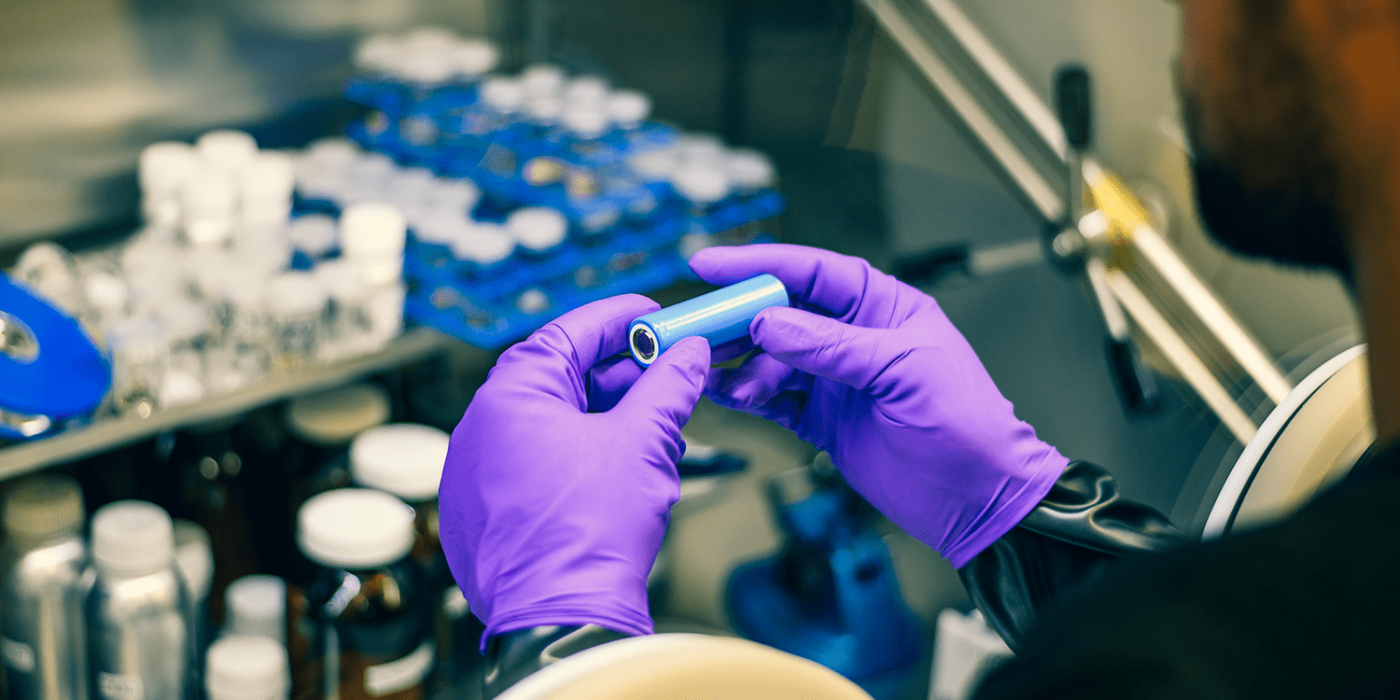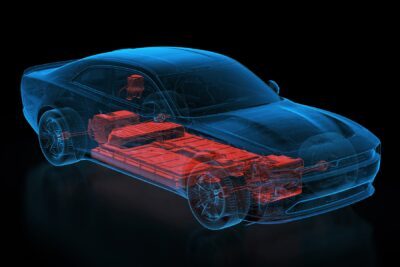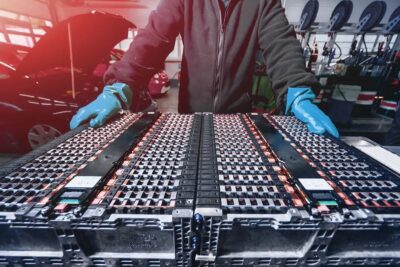Battery prices rise for the first time since 2010
In its current analysis of battery prices, BloombergNEF has recorded the first increase since the start of the evaluations in 2010. The experts attribute this to the increased prices for raw materials and battery components as well as high inflation.
Prices for lithium-ion battery packs had risen to an average of 151 US dollars per kilowatt hour (135.5 €/kWh) in 2022 across all application areas, corresponding to a real increase of seven per cent compared to the previous year. For electric vehicles, battery pack prices averaged $138/kWh (€131.17/kWh) in 2022, according to BNEF, and $115 at the cell level, the equivalent of €109.30. This also means an increase compared to the previous analysis a year ago: At that time, battery pack prices for electric cars were 118 USD/kWh, at cell level even only 97 USD/kWh.
Battery prices could have risen even further in 2022, but this was prevented by the increasing use of cheaper LFP chemistry and the continued reduction of expensive cobalt in nickel-based cathodes. Specifically, BloombergNEF states that LFP batteries would have been 20 per cent cheaper – using the $115 for BEV batteries at the cell level, that would mean $92/kWh. But: LFP cells do not require nickel and cobalt, but are still exposed to the price development of lithium: Compared to 2021, LFP cells have become 27 per cent more expensive, according to BNEF. Tesla said this year that more than half of all vehicles would now be delivered with LFP batteries. BYD is known to rely only on LFP batteries – in its e-cars, but also in its commercial vehicles.
However, it will probably take some time before prices ease: BloombergNEF expects battery pack prices in 2023 to be at the same level as in 2022, which would defy historical trends, as prices have been falling steadily so far.
Costs for pack assembly to fall
It is not until 2024 that prices are likely to fall again, according to market experts, as lithium prices are expected to ease as more mining and refining capacity comes on stream. According to BNEF, average battery pack prices are not expected to fall below the US$100/kWh mark until 2026, two years later than previously expected. This will have a “negative impact on automakers’ ability to produce for the mass market and sell electric vehicles in areas without subsidies or other forms of support”.
In the case of BEV batteries, the experts have made another interesting observation: with the above prices for BEV battery packs and BEV cells, the cells account for 83 per cent of the cost of a battery pack on average. In previous years, this figure was fairly constant at around 70 per cent – 30 per cent of the cost was incurred for the components and assembly work of the pack. According to BNEF, this is “partly due to changes in pack design, such as the introduction of cell-to-pack approaches, which have helped to reduce costs”.
In addition, there are still regional price differences. In China, battery packs were cheapest at USD 127/kWh. There, with the myriad battery plants of CATL and Co, economies of scale are higher and energy costs lower. Battery packs in the US were on average 24 per cent more expensive, in Europe even 33 per cent. “Higher prices reflect the relative immaturity of these markets, the higher production costs, the diverse range of applications and battery imports. For the higher end of the range, low volumes and custom orders are driving up prices,” the release said.
“Raw material and component price increases have been the biggest contributors to the higher cell prices observed in 2022,” says Evelina Stoikou, Energy Storage Associate at BNEF and lead author of the report. “Amidst these price increases for battery metals, large battery manufacturers and automakers have turned to more aggressive strategies to hedge against volatility, including direct investments in mining and refining projects.”
Despite the price trend, demand remains strong. According to Yayoi Sekine, head of energy storage at BNEF, demand will reach 603 GWh by the end of 2022 – almost double the previous year.





0 Comments